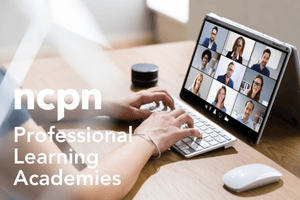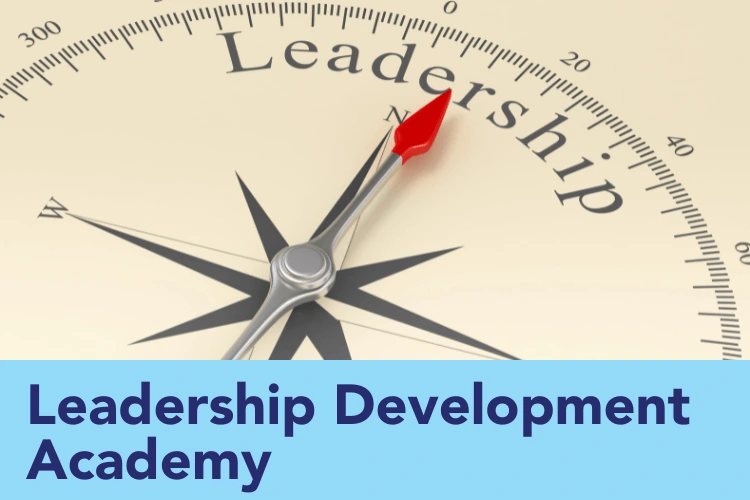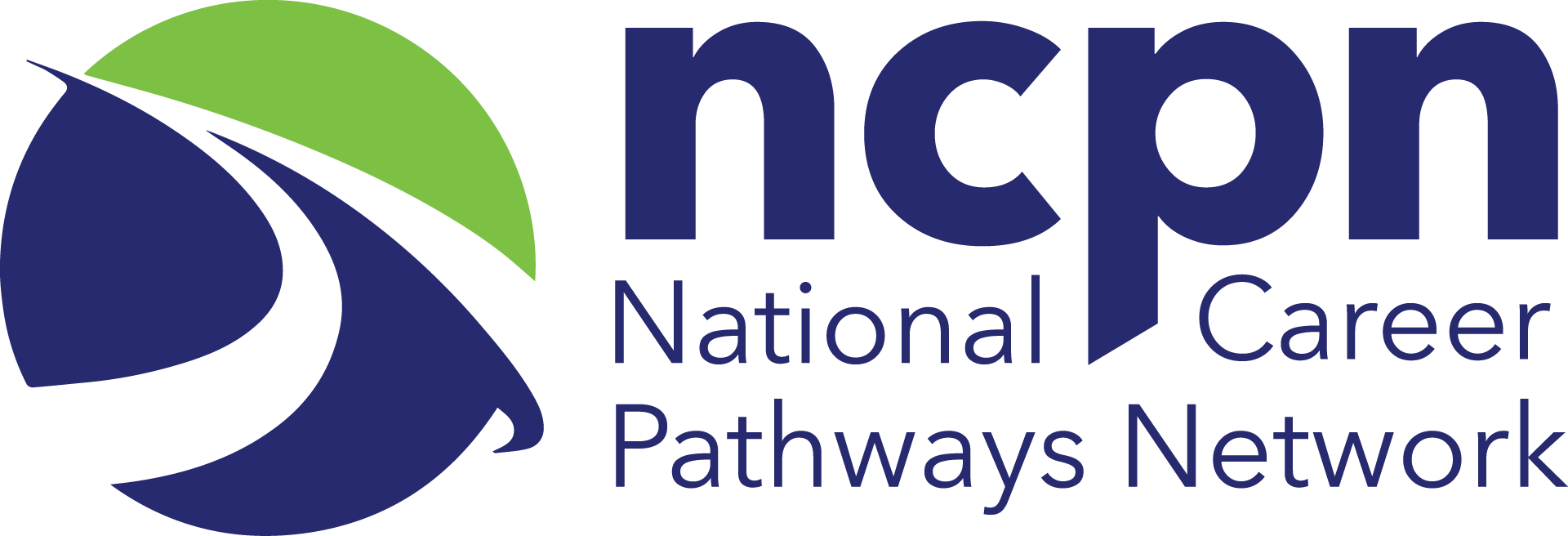
NCPN is dedicated to strengthening the education-to-careers pipeline through professional development in Career Pathways, Adult Career Pathways, career and technical education (CTE), and workforce development.
Events
Thank you to everyone who participated.
Materials available to attendees in Whova through May 2026.
NCPN Connect is the nation’s premier conference focused on career pathways, bringing together educators, workforce leaders, and industry partners to share proven strategies, emerging models, and practical tools. Join us February 18–20, 2026, in New Orleans.

NCPN Professional Learning Academies
Three focused, cohort-based programs for educators, counselors, and workforce leaders
Discover which academy fits your role. Gain practical tools, peer support, and a capstone experience at NCPN CONNECT 2026.
Explore the Academies.
- Counseling and Career Development (Starts Oct 8.)
- Career Pathways Leadership (CPL) Certification (Starts Oct 17.)
- Leadership Development Academy (Register by Feb 25, 2026.)

NCPN’s activities serve secondary, postsecondary, adult, and correctional education; workforce and economic development; and workforce investment boards, community-based organizations, and employers.

Through conferences, workshops, and publications, NCPN facilitates the exchange of promising practices and innovations and assists educators and their partners in planning, implementing, evaluating, and improving Career Pathways.

NCPN connects people and resources, provides leadership and professional development, and facilitates the discovery of solutions through partnering at local, state, and national levels.

Enhance your skills and knowledge with expert-led sessions on essential topics.

Let us help you acquire core leadership skills in a supportive, mentoring environment.

For high school, community college, and adult educators as well as workforce personnel, tailored to fit local needs

Visit our resource center for toolkits, books, reports, and other useful materials.

Timely information on Career Pathways, stackable credentials, employability skills, and related topics

Thank you to everyone who participated.
Materials available to attendees in Whova through May 2026.
Our annual conferences are among the best professional development opportunities in the country. Join us!


